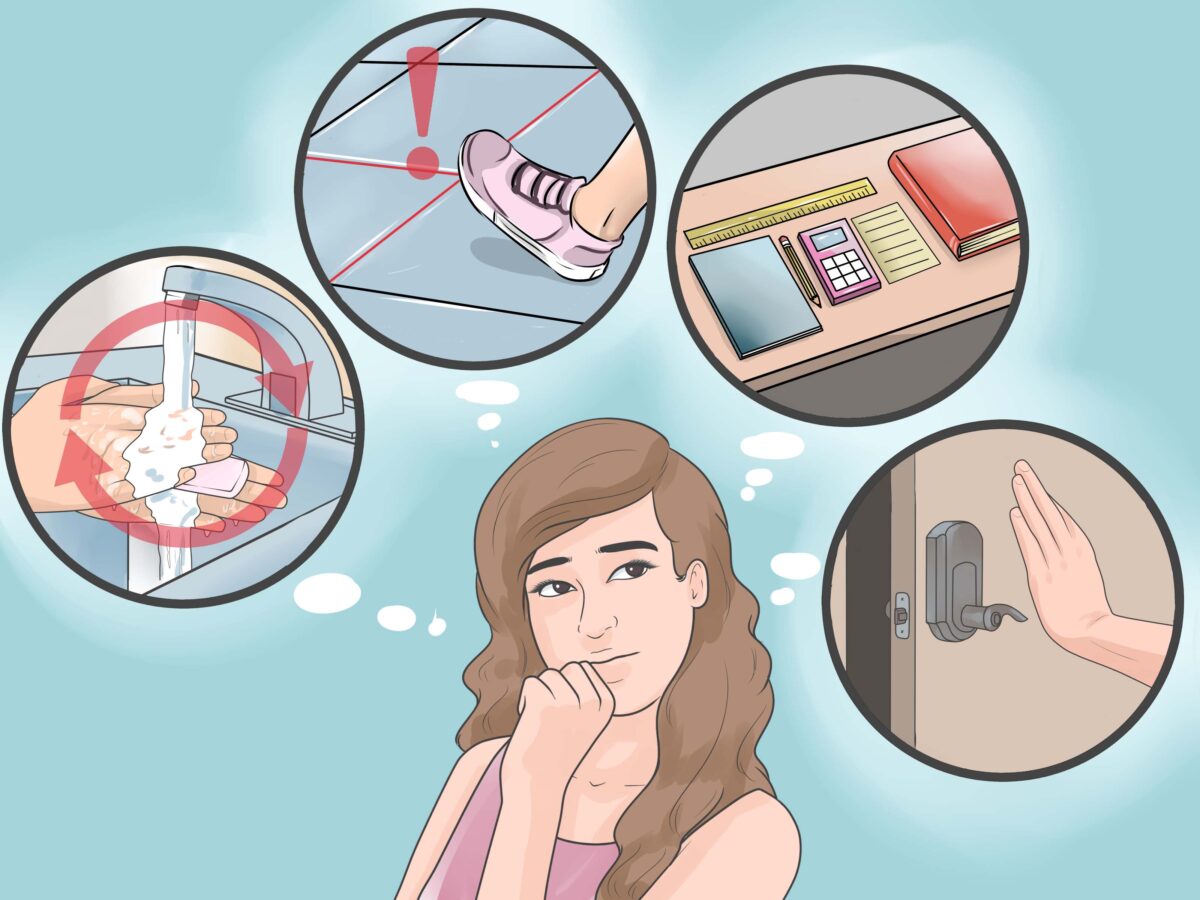Obsessive-Compulsive Disorder (OCD) can be a disabling condition that affects millions of people worldwide. It is characterized by persistent and intrusive thoughts (obsessions) and repetitive behaviors (compulsions).
OCD can range from mild to severe, and it is important to seek professional help from a mental health provider if you think you might be suffering from it. To get more details about OCD treatment you can visit https://www.mmbhcare.com/. Fortunately, there are a variety of treatment options available, and following these tips can help you find relief from the symptoms of OCD.

Image Source: Google
1. Cognitive-Behavioral Therapy (CBT): This type of therapy is often recommended for OCD treatment as it can help to reduce the severity of symptoms. It involves challenging and changing the thought patterns that lead to obsessions and compulsions.
2. Exposure and Response Prevention (ERP): This type of therapy is designed to help you confront your fears and anxieties head-on. ERP involves exposing yourself to the situations or thoughts that trigger your OCD and then learning how to resist performing the compulsions.
3. Medication: While medication won’t cure OCD, it can help to reduce the symptoms and make it easier to manage the disorder. Common medications used to treat OCD include antidepressants, antipsychotics, and antianxiety medications.
4. Relaxation Techniques: Relaxation techniques such as deep breathing, progressive muscle relaxation, and guided imagery can help to reduce stress and anxiety associated with OCD.
By following these tips, you can find relief from the symptoms of OCD and lead a more fulfilling life. If your OCD symptoms are severe or don’t improve with self-help strategies, it’s important to seek professional help from a mental health provider. With proper treatment, you can manage your OCD and lead a happier and healthier life.